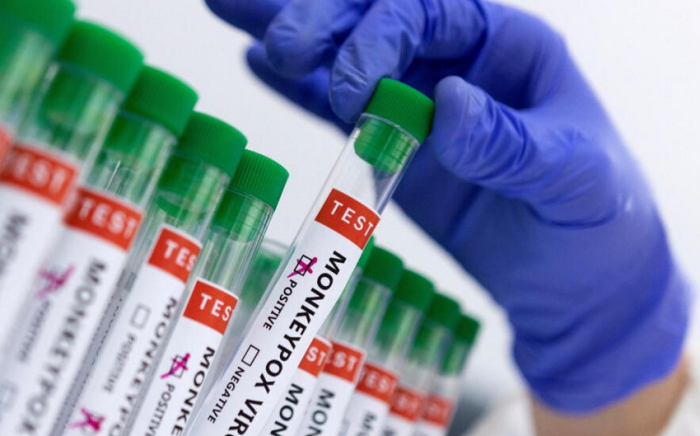The patient had arrived from Africa and the health of 43 passengers seated near him on the plane was being closely monitored.
DDC director-general Thongchai Keeratihattayakorn said the patient was a 66-year-old European man who had a residence in Thailand and worked in Africa, where mpox is endemic.
He had arrived back in Thailand from Africa at 6pm local time on August 14 on a connecting flight from the Middle East.
The following morning, last Thursday, he had a fever and noticed he had a number of small rashes. He quickly went to a hospital for an examination.
He was diagnosed with mpox, a viral disease.
The initial examination found it was not the previously found Clade 1 strain, which was not easily transmissible. Health officials were awaiting the results of in-depth genetic tests. They would confirm if it was a Clade 1b-type infection. This was a more transmissible strain.
“So, it is still not 100% confirmed if it is the Clade 1b case or not… Officials await genetic comparison test results to confirm it on Friday… There is the possibility, though,” Dr Thongchai said.
Although confirmation was still pending, the director-general said, officials were spreading the news so that people could take precautions. It was also beneficial for overall disease control.
Dr Thongchai said the patient had no serious symptoms. Doctors did not think he could have spread the disease widely, because he went to hospital shortly after arriving in the country and he remained there.
The Department of Disease Control had identified 43 passengers who sat within two rows of him on the plane on Aug 14, Thais and foreigners. They had been advised to see a doctor immediately if they develop symptoms of illness within 21 days.
Dr Thongchai said the 43 people were not being quarantined and there was no need for the public to be overly concerned. Clade 1b was not as easily transmitted as Covid-19.
It could be spread through contact with droplets of liquid from an infected person, but only after that person had developed symptoms, he said.
Normally, patients could recover from the virus themselves, unless they had complications or their immune system was weak, Dr Thongchai said.
AzVision.az
More about:















































